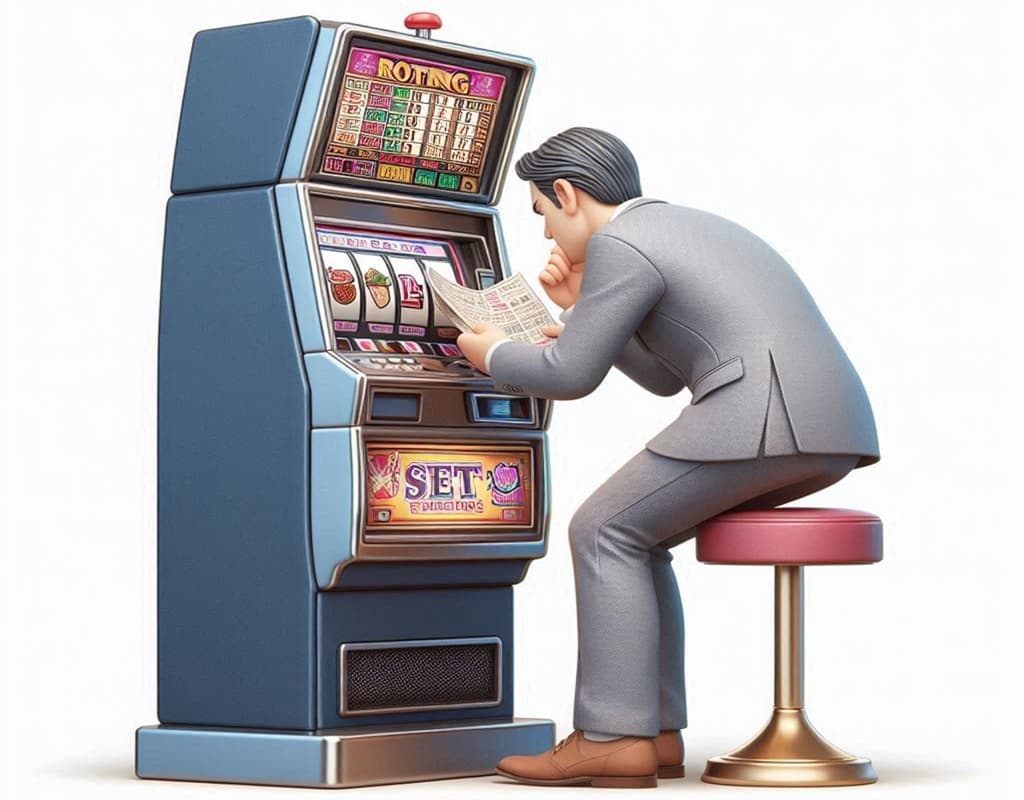Casinos have become key attractions in many regions worldwide, offering promises of economic growth, job creation, and heightened tourism. However, along with these potential advantages come significant challenges. As communities navigate the complexities of casino operations, the impact on local economies often proves to be a double-edged sword. This blog examines both the positive and negative effects of casinos, highlighting their intricate relationship with local economies.
Economic Benefits of Casinos
Job Creation
One of the most obvious benefits of casinos is the employment opportunities they generate within local communities. Casinos need a diverse workforce, including dealers, waitstaff, security personnel, and management. This surge in job availability can lead to a noticeable decrease in local unemployment rates, providing work for both skilled and unskilled labor.
Increased Tourism
Casinos frequently act as major draws for tourists, attracting visitors from various locations. This influx enhances business for local establishments, including hotels, restaurants, and shops. The increased foot traffic can boost sales and revenue for these businesses, fostering a lively local economy.
Tax Revenue
Casinos contribute significant tax revenue to local and state governments. These funds can be directed toward vital public services, such as education, infrastructure, and healthcare. In regions with tight budgets, this additional revenue can greatly improve community resources and services.
Social and Economic Challenges
Economic Disparities
While casinos can enhance local economies, they may also widen economic disparities. The wealth generated often does not benefit the entire community. Frequently, profits are funneled to corporate owners rather than local residents, resulting in a concentration of wealth that fails to uplift the broader population.
Impact on Local Businesses
The arrival of a casino can create challenges for local businesses. Although some may prosper from increased tourist traffic, others may struggle. Small businesses that rely on local customers might find it difficult to compete with larger, more resource-rich casino operations, potentially leading to the closure of cherished local shops and restaurants and diminishing the community’s character.
Gambling Addiction and Social Issues
Casinos can contribute to various social problems, including gambling addiction. The temptation of quick wins can lead some individuals to develop detrimental gambling behaviors, adversely affecting families and communities. Increased gambling-related issues can place additional strain on local social services and healthcare systems, counteracting some of the economic benefits.
Balancing the Impact
To address the complexities of casino economics, communities need to find a balance between reaping the benefits and mitigating the downsides. Here are some strategies:
Responsible Gaming Initiatives
Establishing responsible gaming programs can help combat gambling addiction. Casinos should provide support resources, such as counseling and self-exclusion programs, to assist individuals facing gambling-related challenges.
Community Engagement
It is crucial for local governments and casino operators to involve the community in discussions. By engaging residents in conversations about the potential impacts of casinos, stakeholders can make informed decisions that reflect the community’s best interests.
Economic Diversification
Communities should aim to diversify their economies beyond casinos. By investing in a range of industries, local governments can create a more resilient economic environment that is less dependent on the gambling sector’s fluctuations.
Conclusion
The impact of casinos on local economies is indeed a double-edged sword. While they offer numerous advantages—such as job creation, increased tourism, and tax revenue—they also present significant challenges, including economic disparities, adverse effects on local businesses, and social issues like gambling addiction. Communities must carefully consider these factors and work toward a balance that maximizes benefits while minimizing drawbacks. Through responsible practices and community involvement, it is possible to harness the potential of casinos for positive economic growth while protecting the well-being of local residents.


